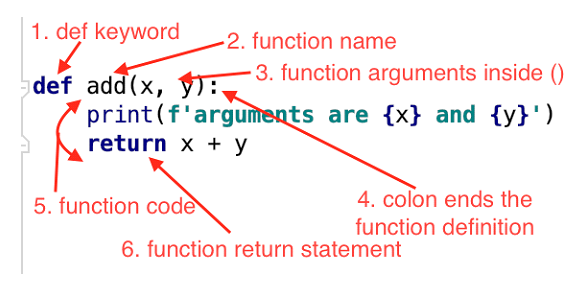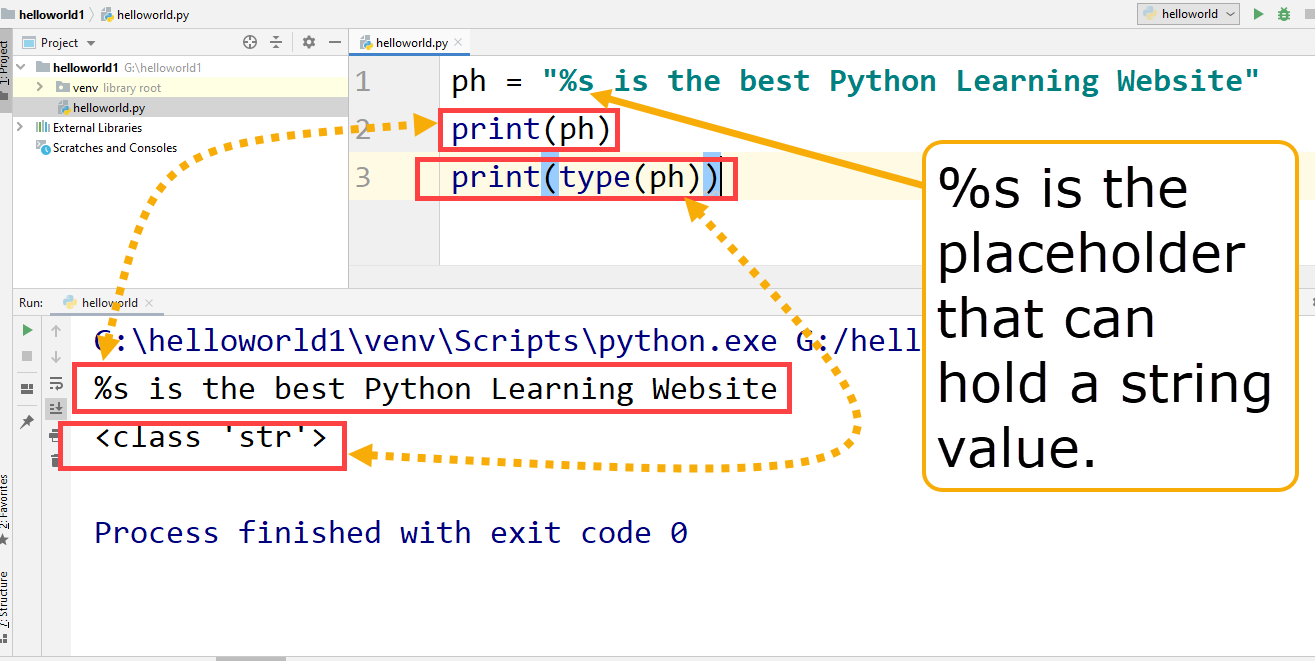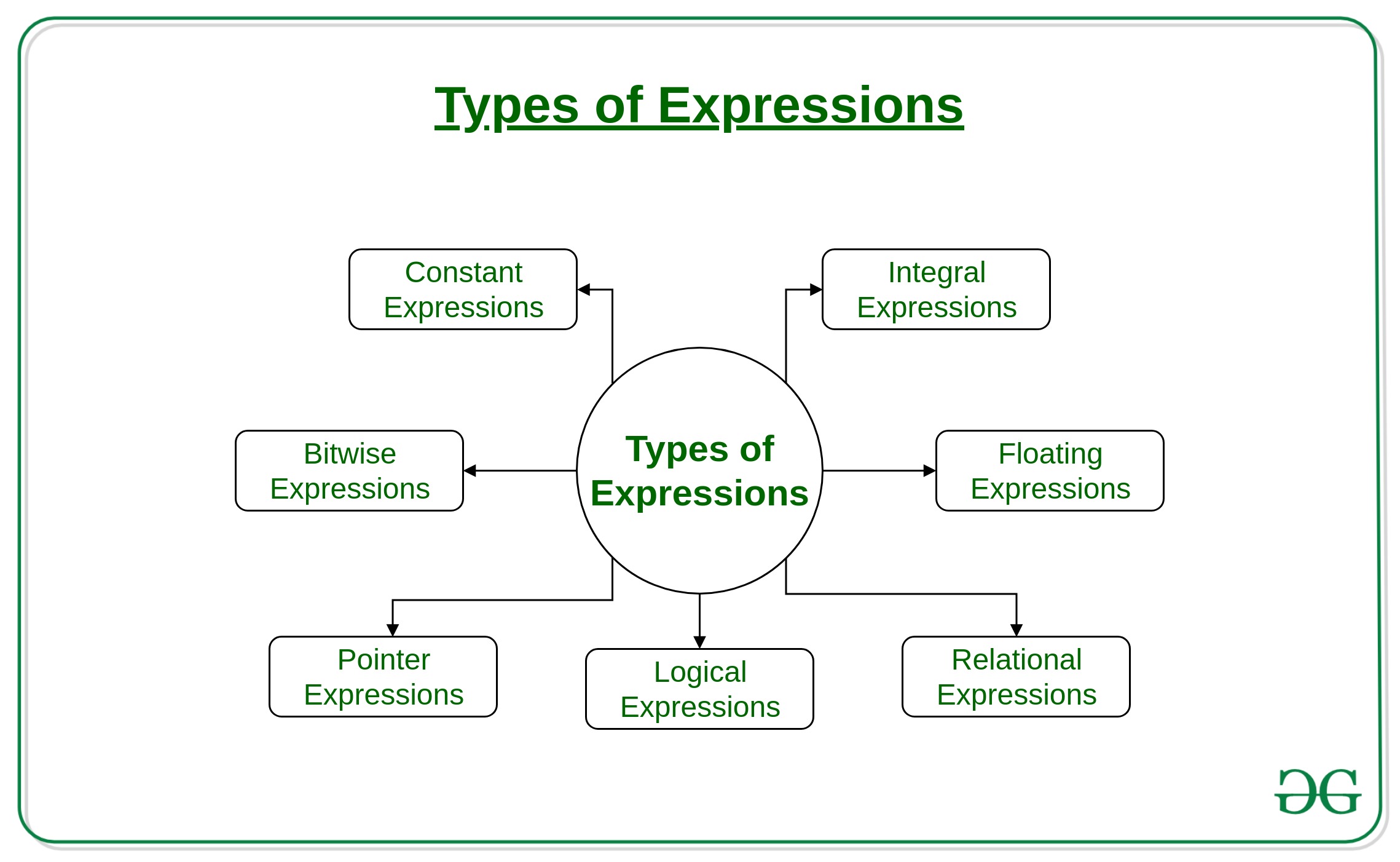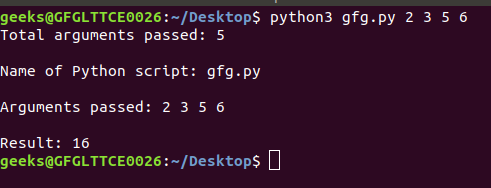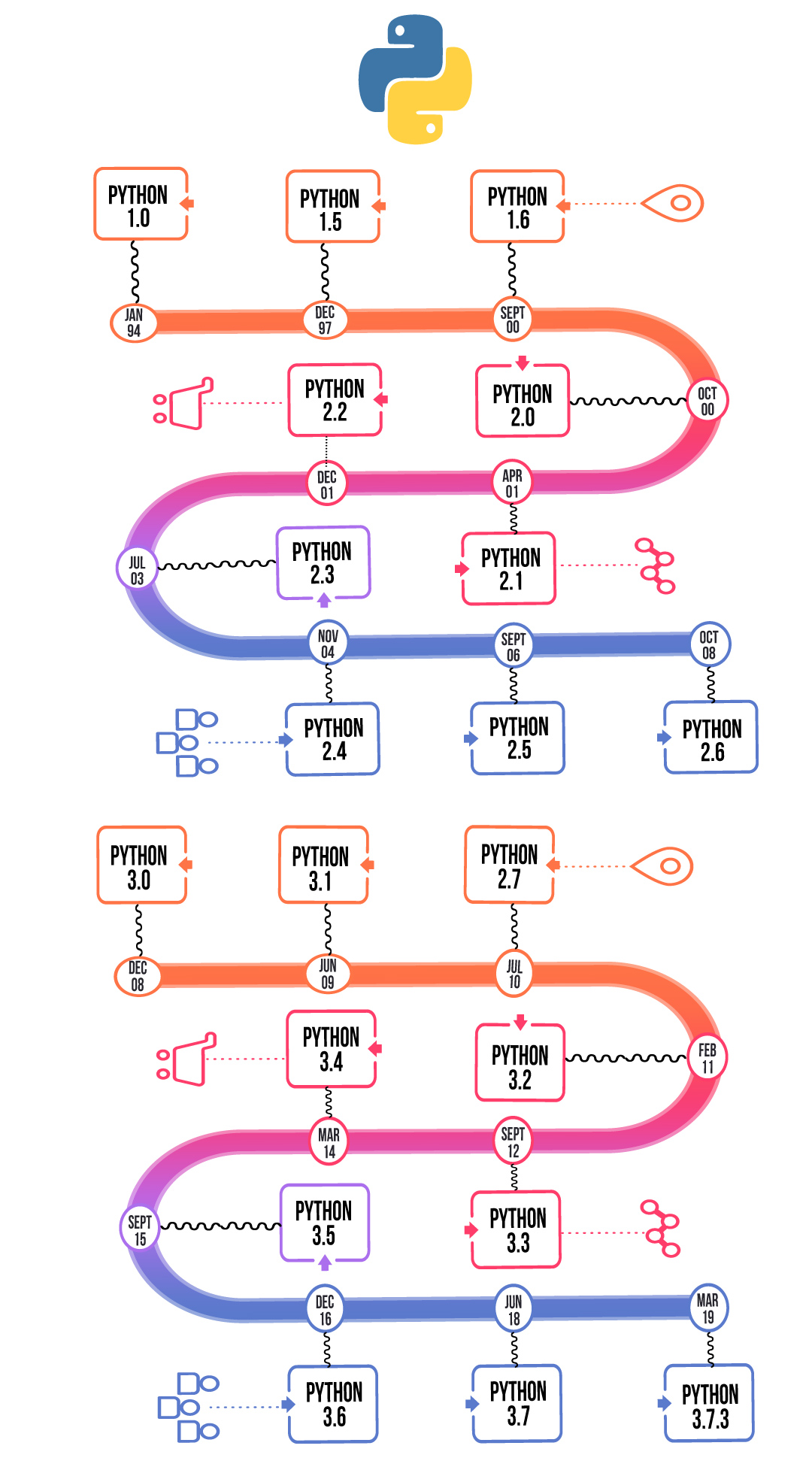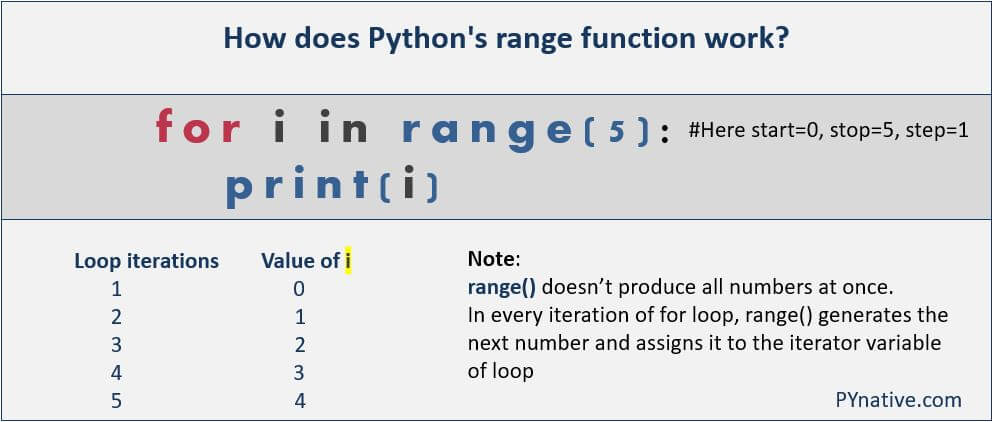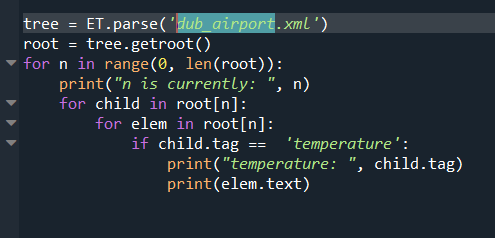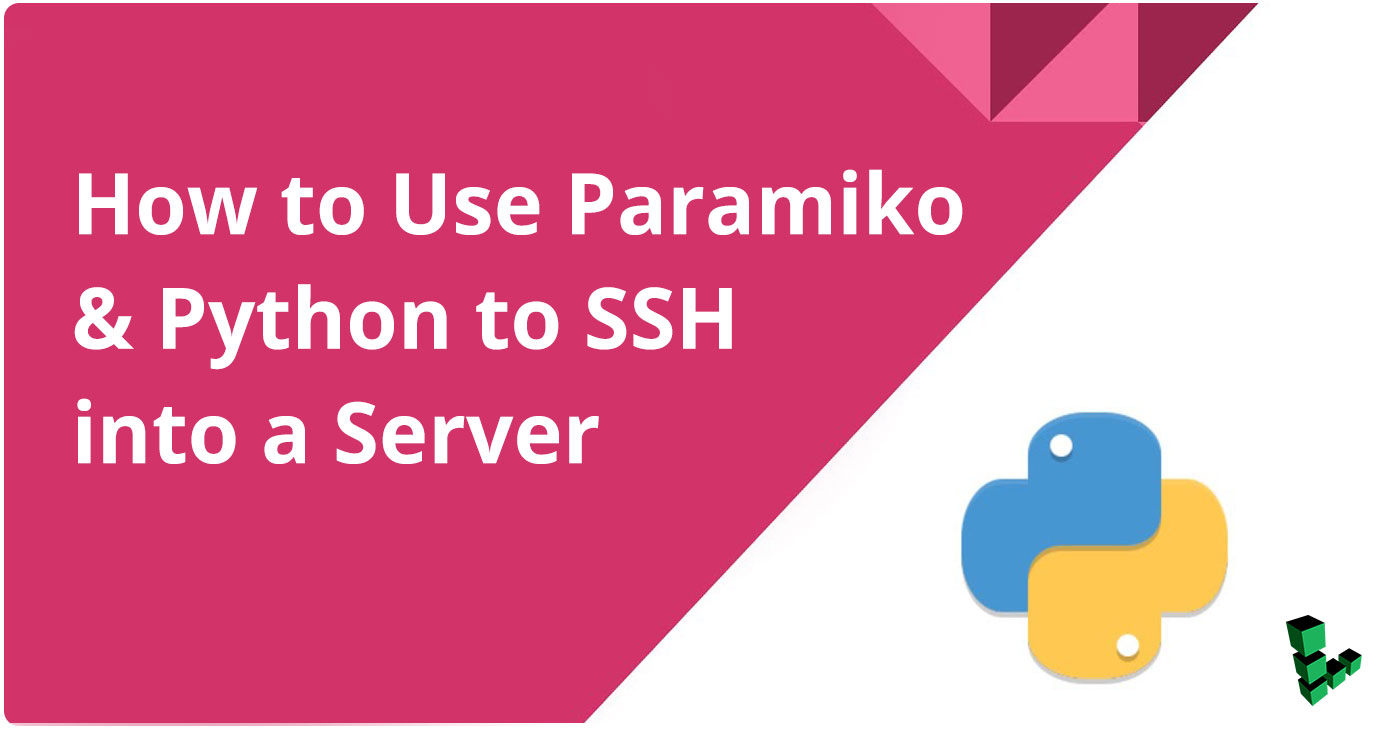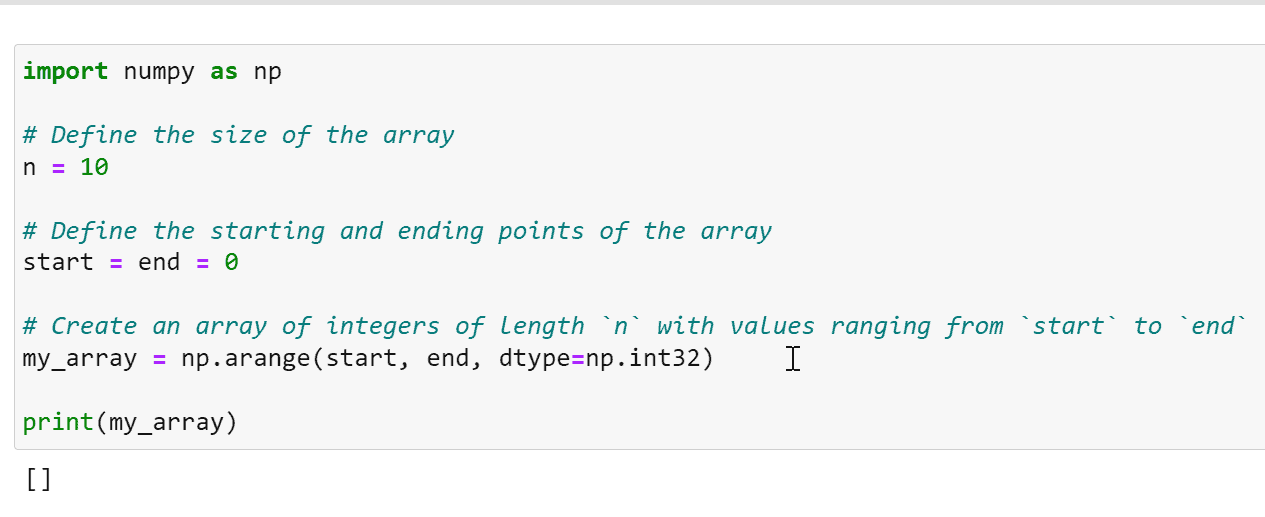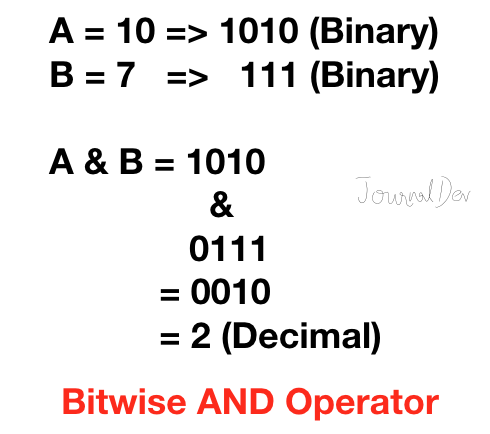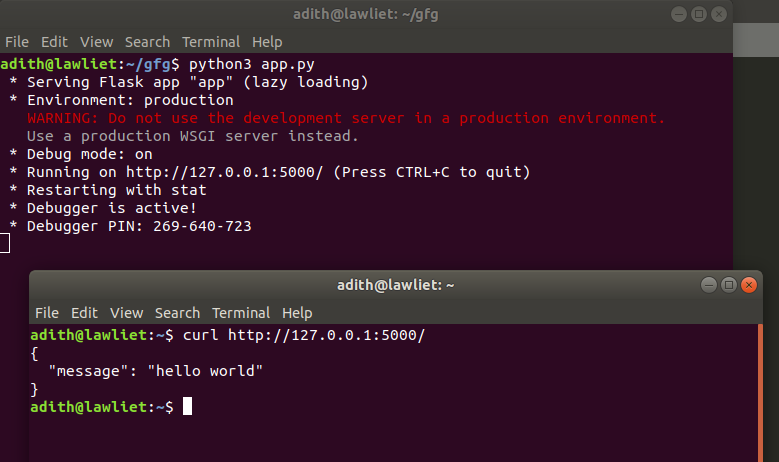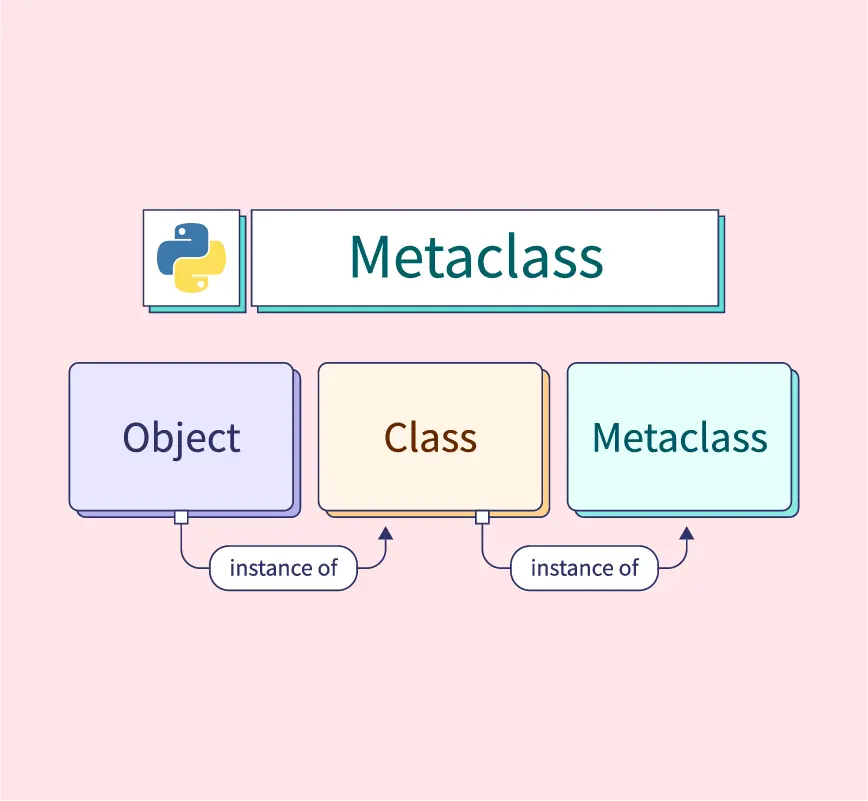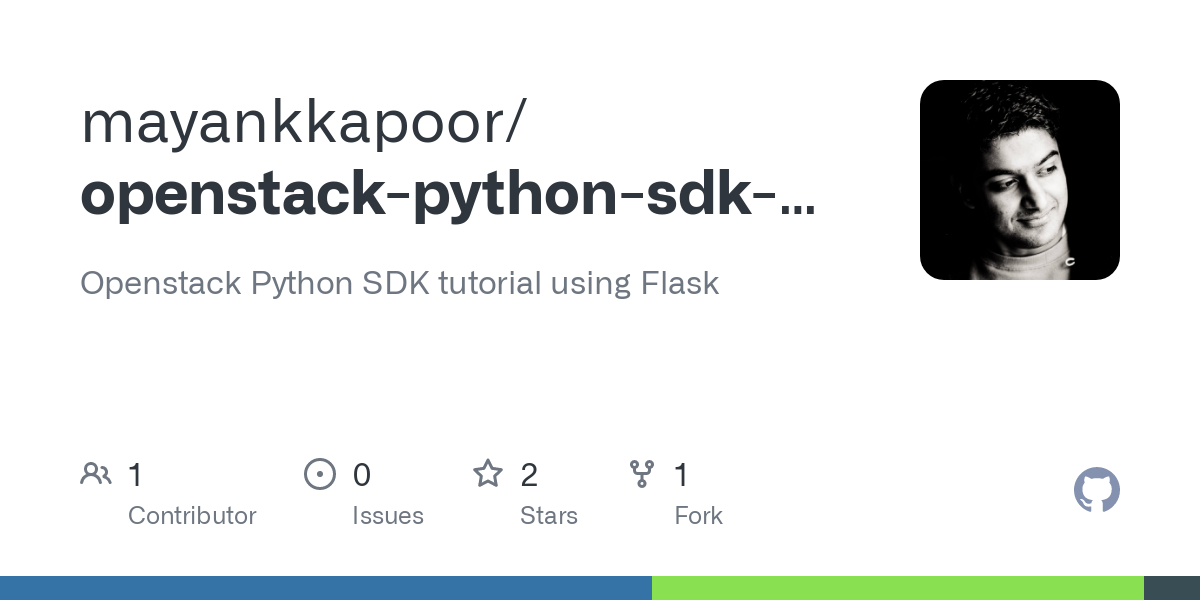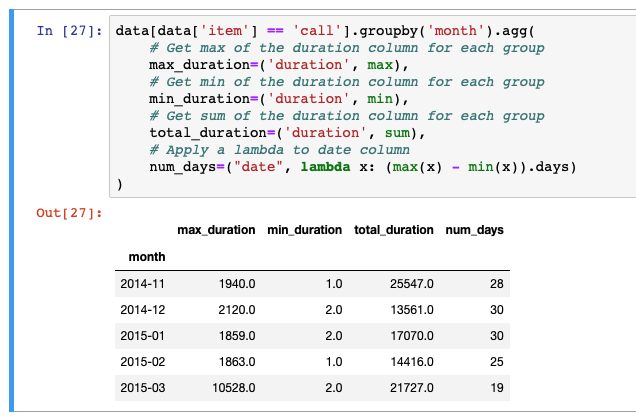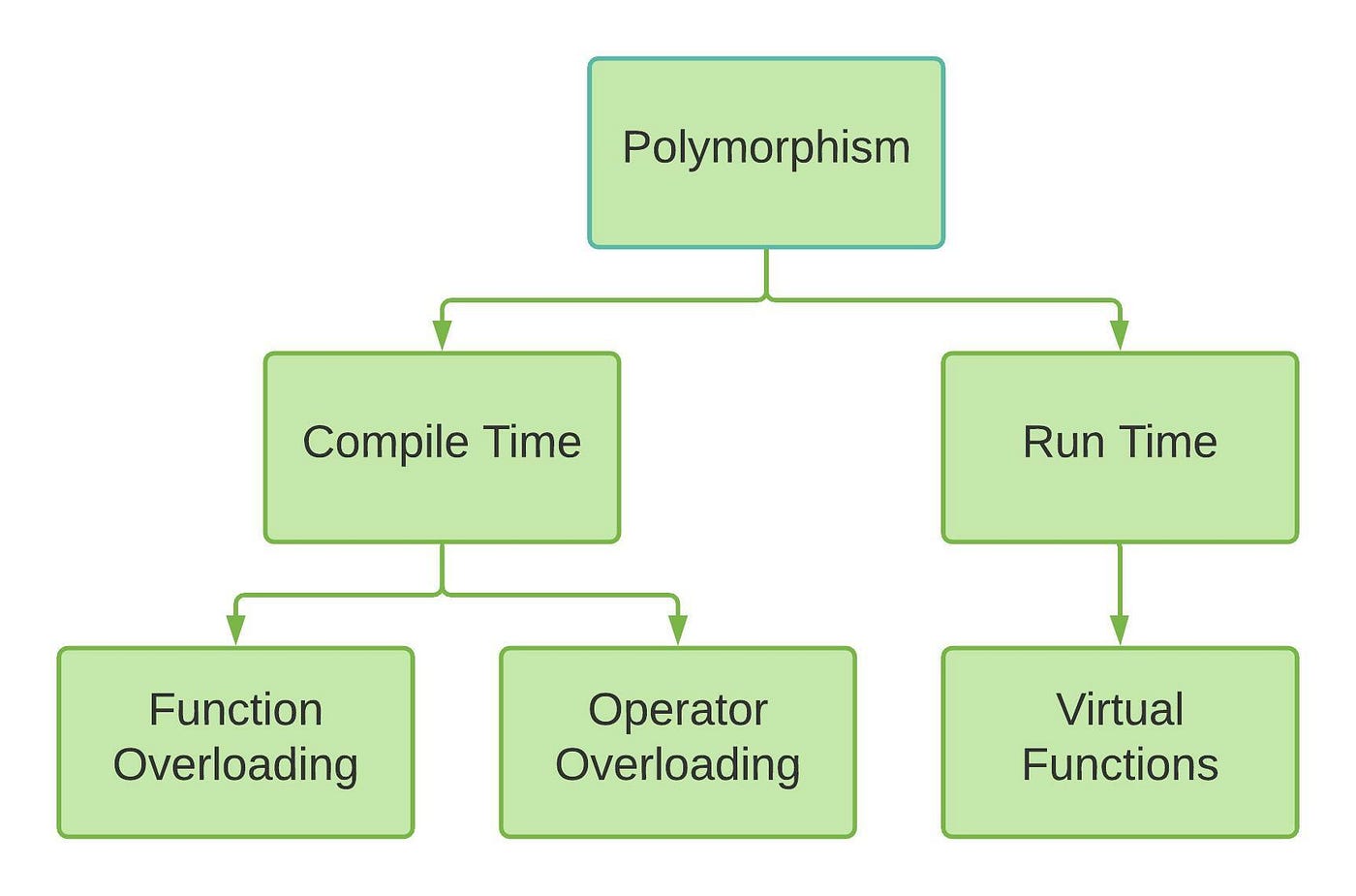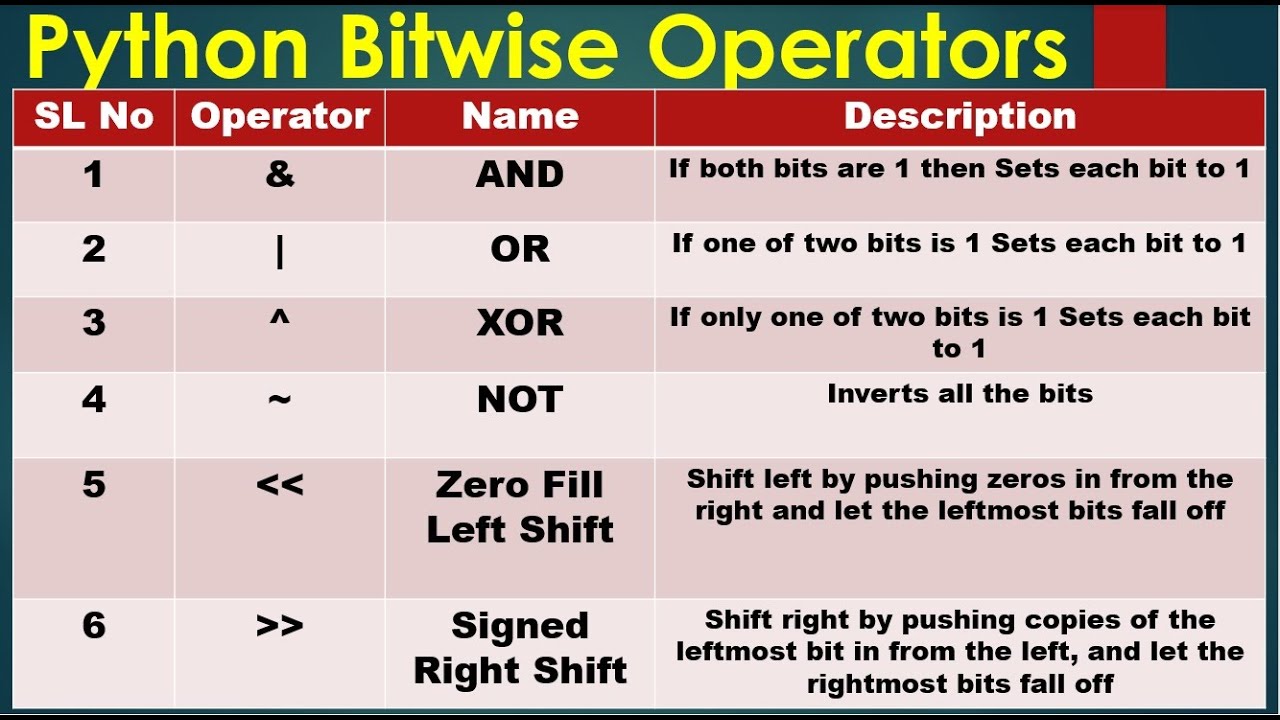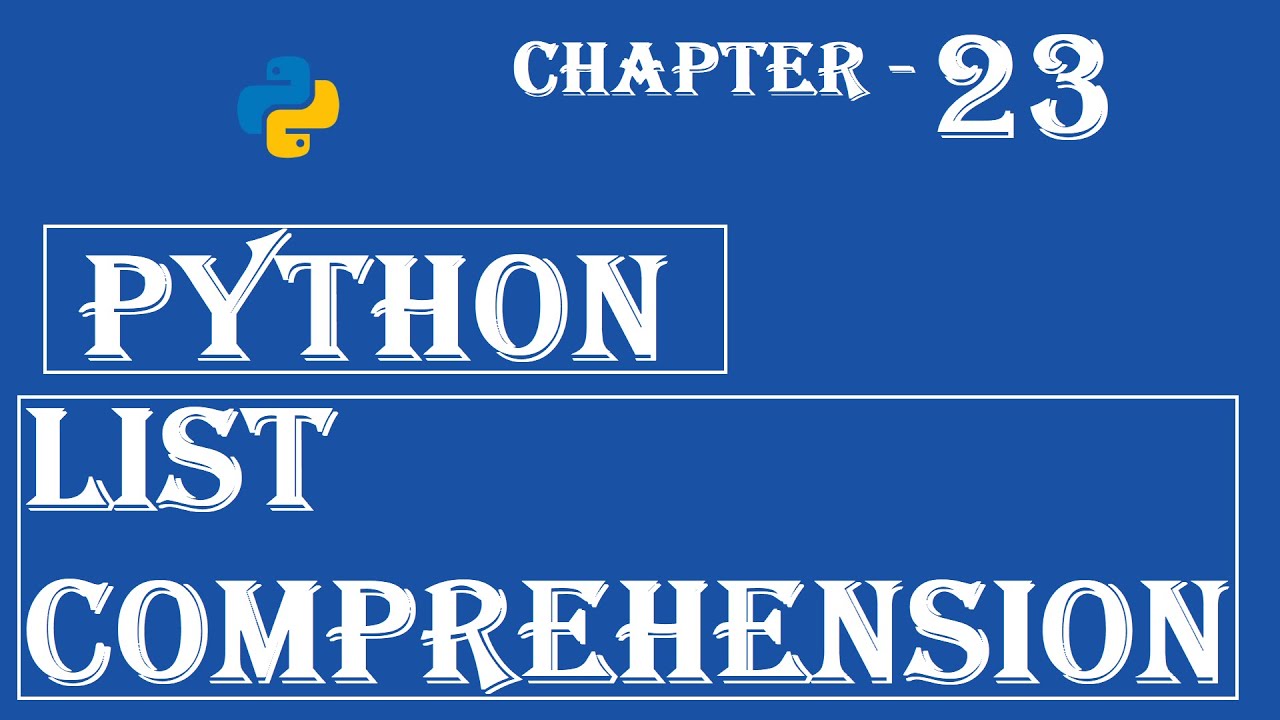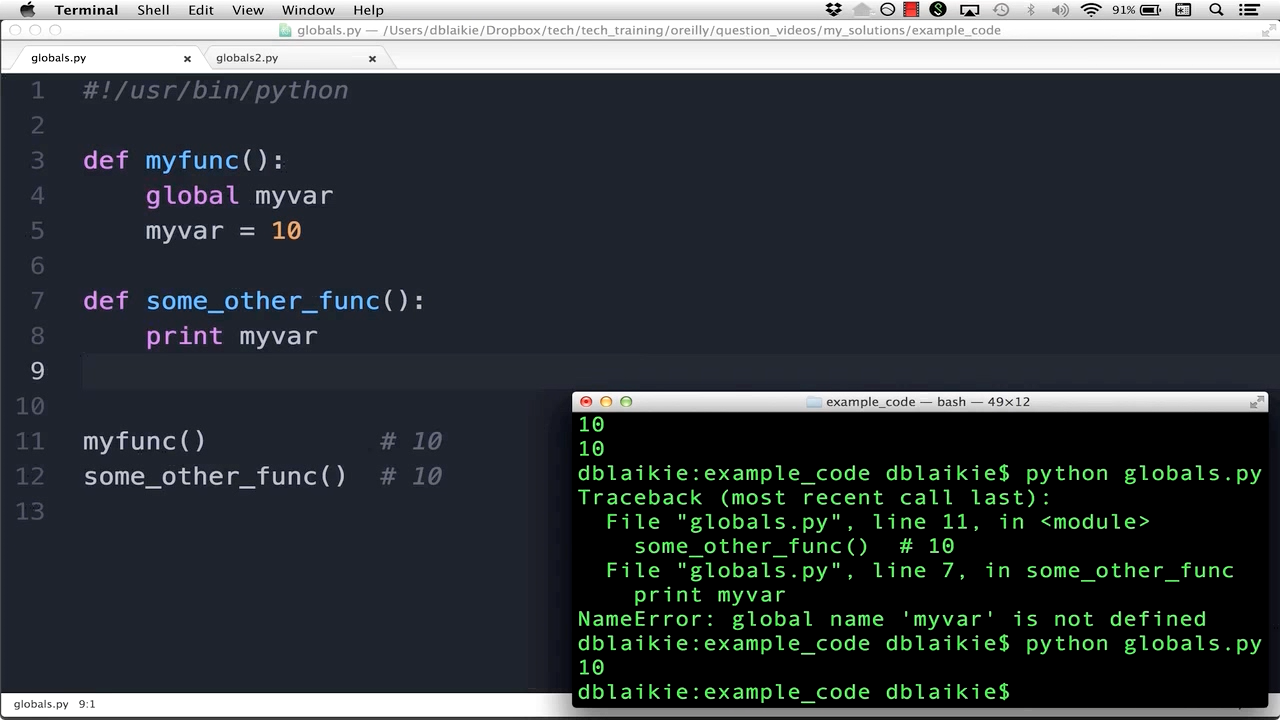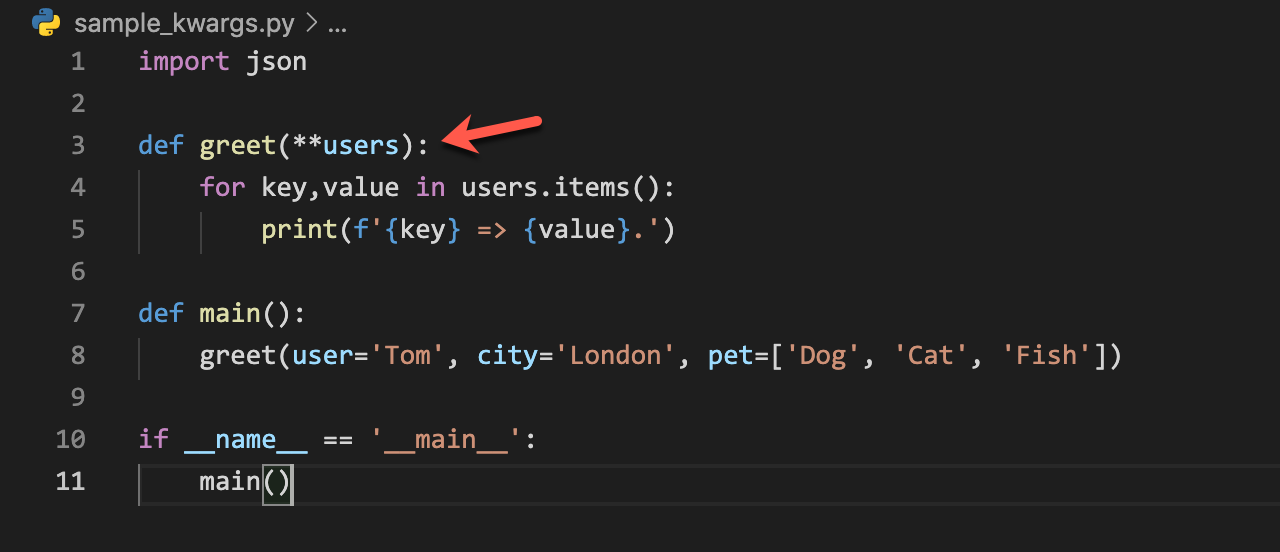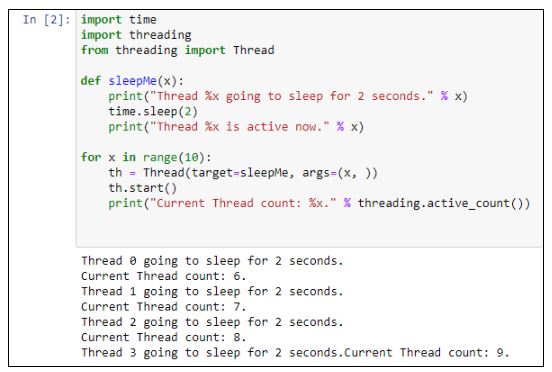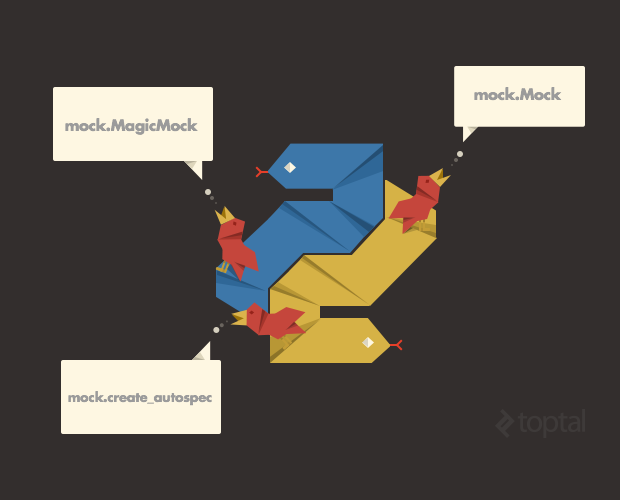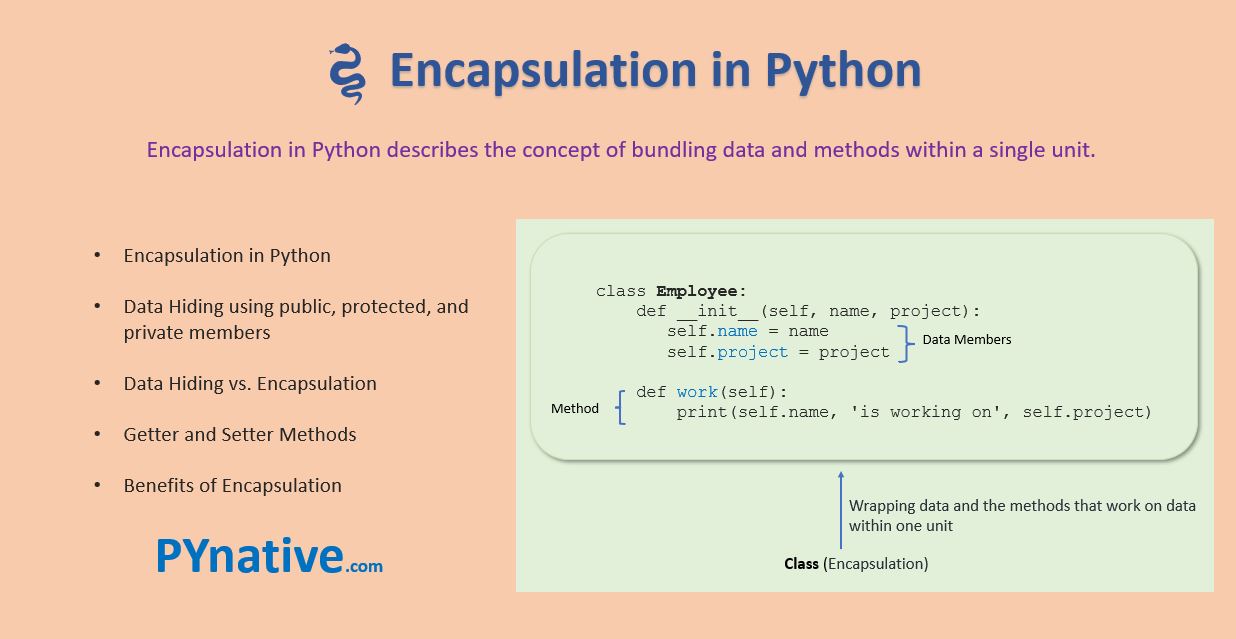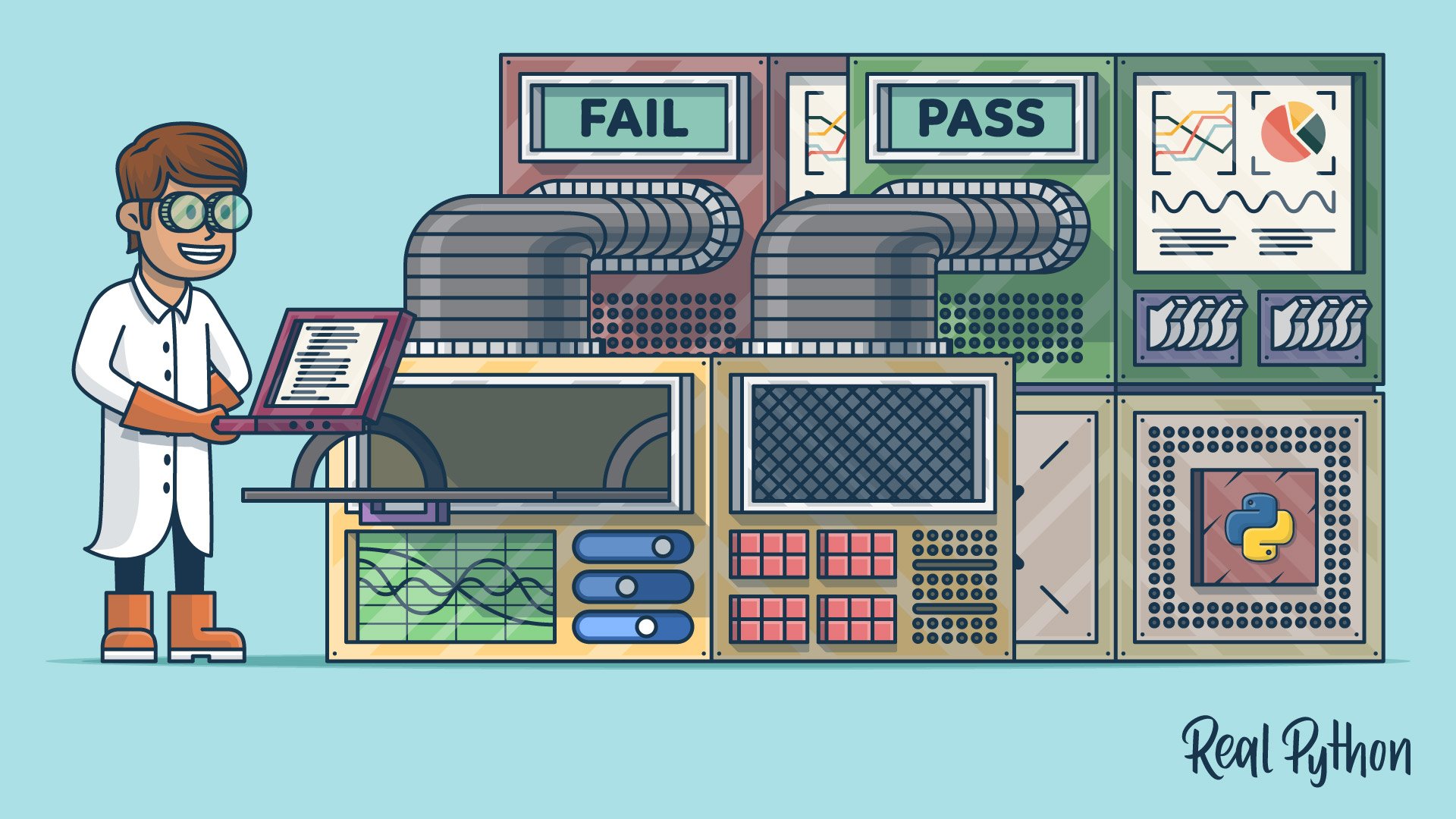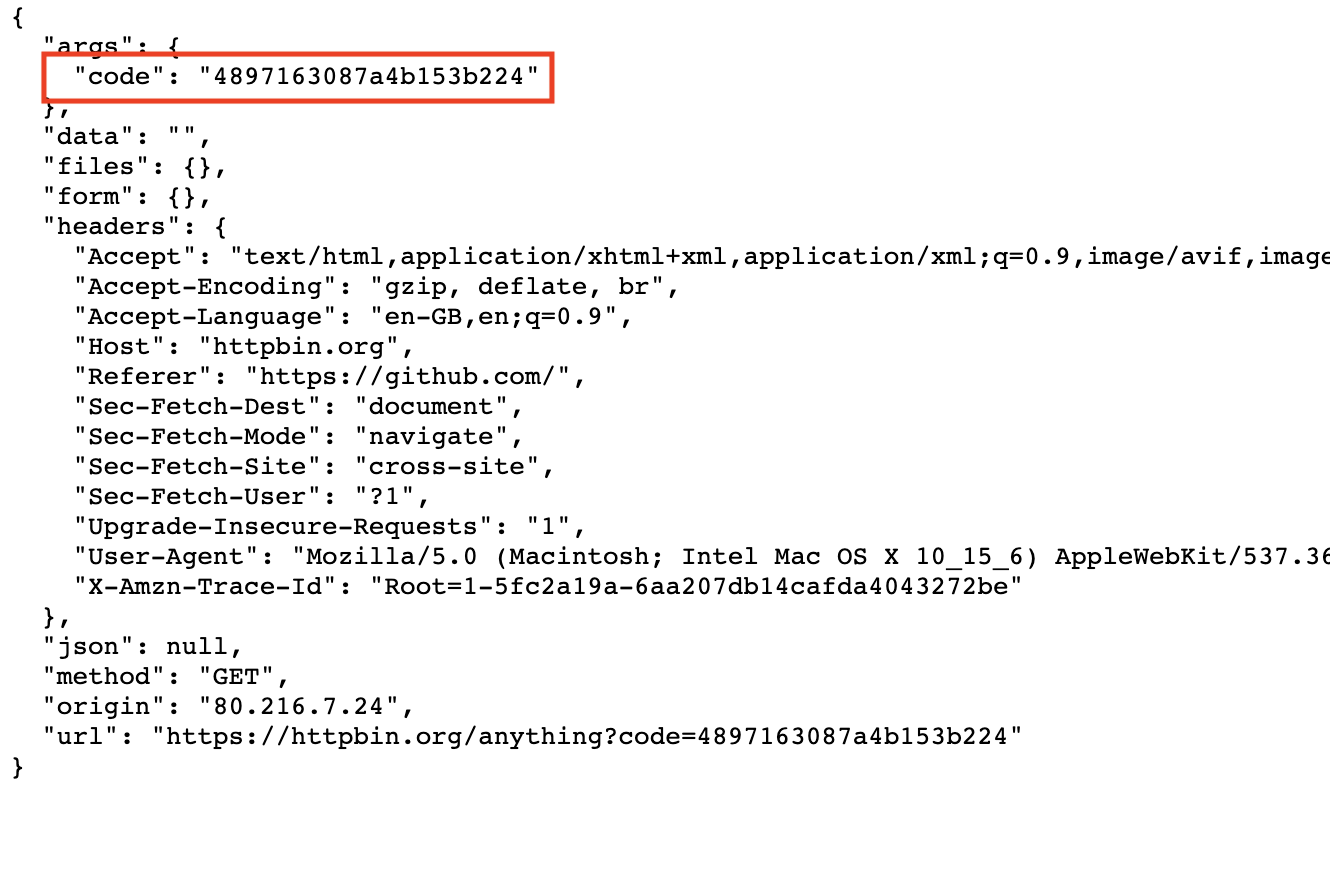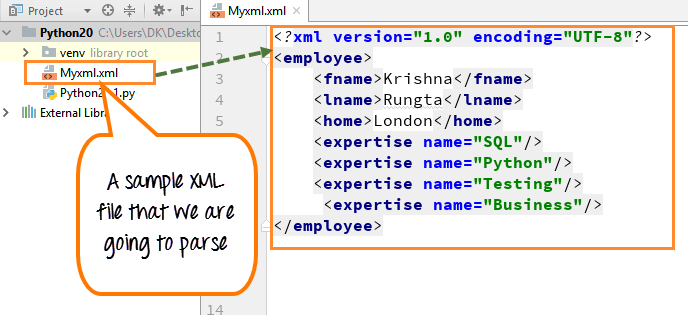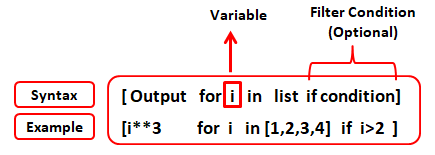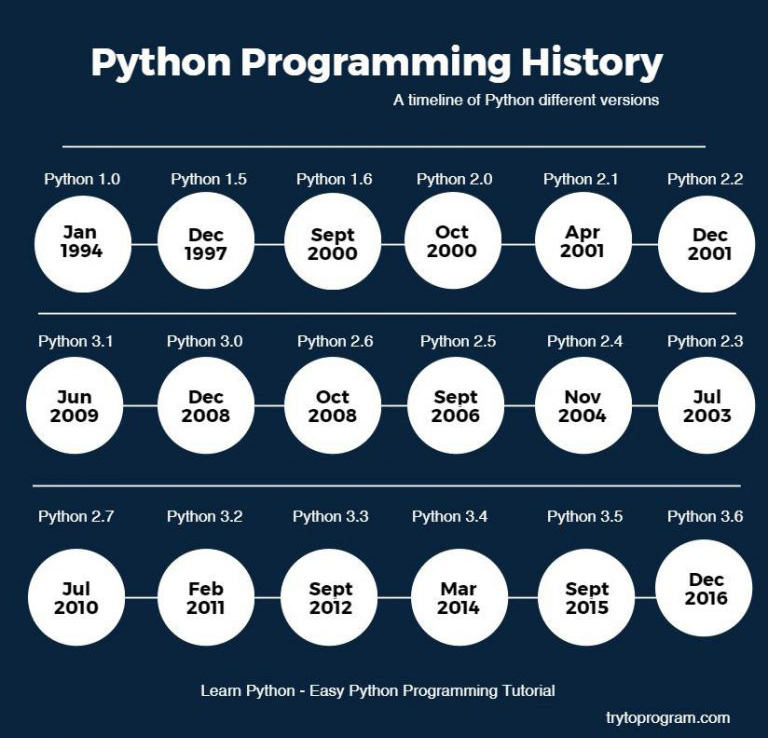What are the advantages of Python over C language?
What are the advantages of Python over C language?
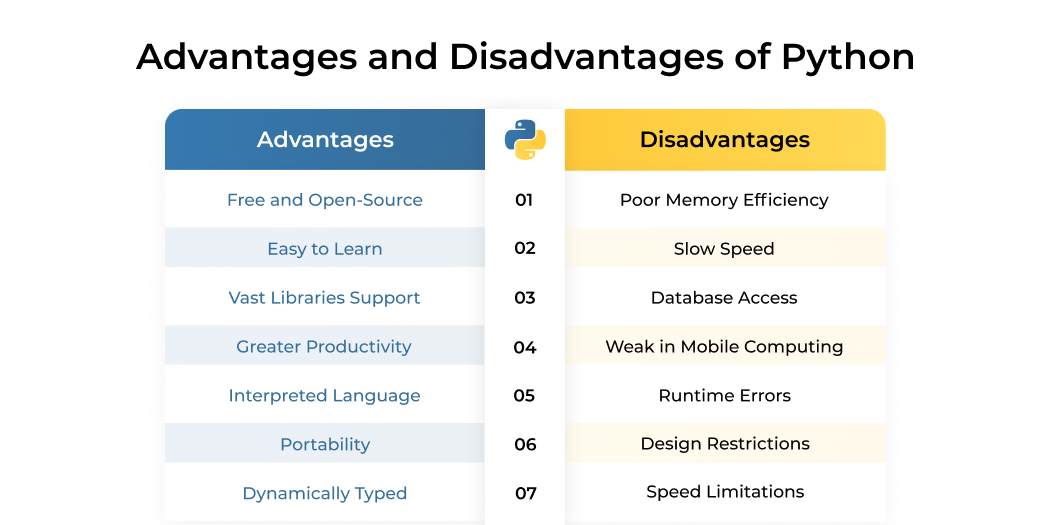
Python and C are two distinct programming languages with their own strengths and weaknesses. While C is a low-level, efficient language ideal for systems programming, Python is a high-level, interpreted language suitable for rapid prototyping, data analysis, and artificial intelligence applications. Here are some advantages of Python over C:
Ease of Use: Python has a syntax that is more intuitive and easy to read, making it accessible to developers without extensive programming experience. The indentation-based syntax also helps in writing clean and organized code. In contrast, C requires a deeper understanding of memory management, pointer arithmetic, and typecasting, which can be challenging for beginners. Rapid Development: Python's interpreted nature allows for fast development cycles, as you can quickly test and iterate on your code without compiling or rebuilding. This rapid prototyping capability is particularly useful in data analysis, web development, and scientific computing where iterative refinement is crucial. Dynamic Typing: Python is dynamically typed, which means you don't need to declare variable types before using them. This leads to less boilerplate code, reduced errors due to type mismatches, and more flexibility in your coding style. C, on the other hand, is statically typed, requiring explicit declaration of variable types, which can be time-consuming and error-prone. Built-in Data Structures: Python comes with built-in data structures like lists, dictionaries, and sets, making it easy to work with complex data structures without worrying about memory management or manual pointer manipulation. C requires manual memory allocation and deallocation for these tasks, which can lead to errors and increased development time. Extensive Libraries and Frameworks: Python has an extensive collection of libraries and frameworks for various domains, such as NumPy and SciPy for scientific computing, Pandas for data analysis, Flask or Django for web development, and scikit-learn for machine learning. These libraries simplify many tasks, reducing the need to implement custom solutions from scratch. C's standard library is smaller and more focused on systems programming, making it less suitable for high-level applications. Cross-Platform Compatibility: Python can run on multiple platforms with minimal modifications, thanks to its interpreted nature and cross-platform compatible modules. C code, however, requires recompilation and possibly manual modifications for each target platform, which can be time-consuming and error-prone. Less Error-Prone: Python's high-level abstraction and dynamic typing help reduce the likelihood of memory-related errors, null pointer dereferences, and type mismatches that are common in C programming. This results in fewer bugs and a lower chance of runtime errors. Improved Readability: Python's whitespace-sensitive syntax and consistent naming conventions promote readable code, making it easier for developers to understand and maintain each other's work. C's complex pointer arithmetic and implicit memory management can lead to dense, hard-to-read code that requires significant expertise to decipher.While C is an excellent choice for systems programming, game development, and embedded systems where performance, efficiency, and control are paramount, Python excels in rapid prototyping, data analysis, scientific computing, and artificial intelligence applications where ease of use, flexibility, and high-level abstractions are valuable. Ultimately, the choice between Python and C depends on the specific requirements and goals of your project.
Is it worth to learn Python?
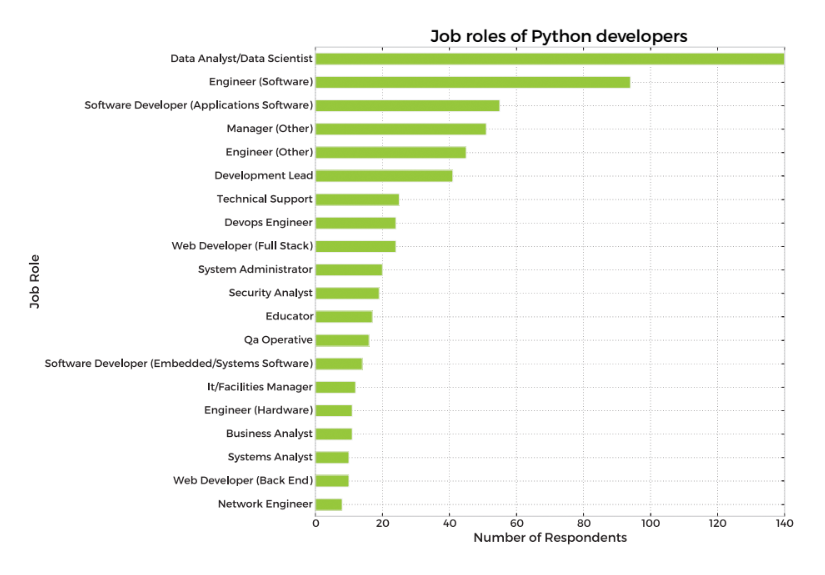
I'll respond in English since you requested it!
Learning Python can be a worthwhile investment for several reasons. As one of the most popular programming languages, Python has numerous applications across various industries and fields.
Firstly, Python is an excellent language for beginners. Its syntax is easy to learn, and its readability makes it simple to understand and work with. This accessibility makes Python an ideal choice for new programmers or those who want to transition from other programming languages.
Secondly, Python's versatility allows it to be applied in various domains:
Data Science and Machine Learning: Python is a popular choice for data analysis, machine learning, and artificial intelligence due to its simplicity and extensive libraries (e.g., NumPy, pandas, scikit-learn, TensorFlow). Web Development: Frameworks like Django and Flask make it easy to build web applications with Python. You can also use Python as a backend language for web development. Automation and Scripting: Python's ease of use makes it perfect for automating tasks, writing scripts, and integrating systems. Scientific Computing: Python is widely used in scientific computing for tasks such as data analysis, simulation, and visualization. Education: Python is often taught in introductory programming courses due to its simplicity and ease of learning.Moreover, knowing Python can provide a competitive edge in the job market:
Job Opportunities: Knowledge of Python is highly valued by many employers across various industries, making it a valuable skill to have on your resume. High Demand: According to the 2020 Stack Overflow survey, Python is the third most popular programming language in use today. Cross-Industry Applicability: Understanding Python can open doors to career opportunities in fields like data science, machine learning, web development, and more.Lastly, learning Python can improve your critical thinking, problem-solving, and collaboration skills:
Improved Critical Thinking: Programming involves breaking down complex problems into manageable parts, which enhances your analytical abilities. Enhanced Problem-Solving Skills: Python's simplicity and ease of use make it an excellent choice for experimenting with new ideas and solving real-world problems. Collaboration Opportunities: Participating in open-source projects or contributing to Python libraries can provide opportunities to work with others, share knowledge, and learn from their experiences.In conclusion, learning Python can be a worthwhile investment due to its:
Ease of use Versatility across various domains High demand in the job market Opportunities for career growth and cross-industry applicability Improvements in critical thinking, problem-solving, and collaboration skillsIf you're considering learning a programming language, I highly recommend giving Python a try!
